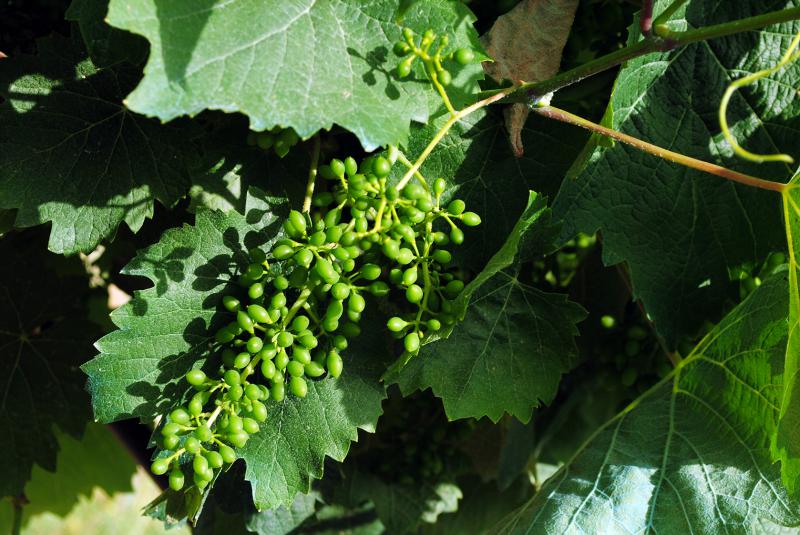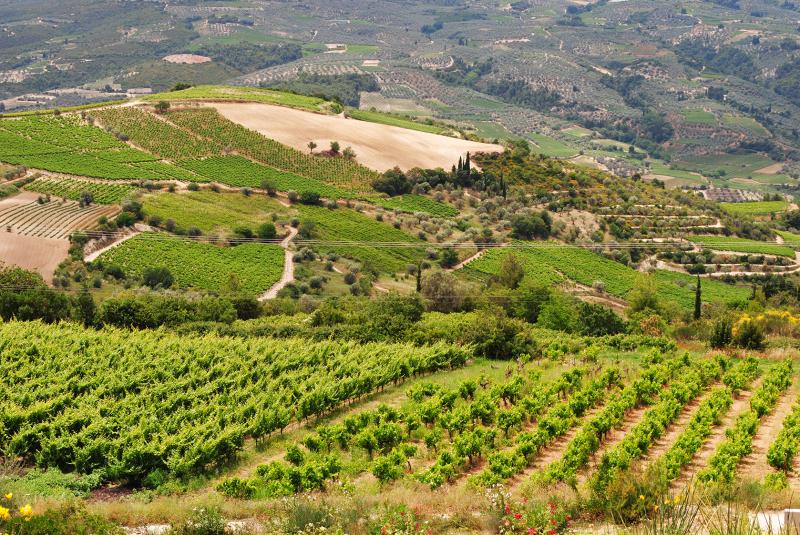Wine has always been an integral part of Greek tradition, and today, the country boasts a burgeoning wine scene with grape varieties that promise unique flavors. Let’s delve into some fascinating facts about Greek wine and unravel the myths that surround it.
Myth 1: Retsina – The humble Greek wine
Retsina, with its resinous charm, is a beloved Greek classic. Whether you’re sipping it on a sun-soaked Greek beach or in a cozy restaurant in Germany, it’s a taste of Greece. Explore its refined side with wines like Tear of the Pine, a noble version made from the Assyrtiko grape by the Kechris winery.
Myth 2: Mavrodaphne – Just a sweet wine?
Mavrodaphne, often associated with sweet wines, has a lot more to offer. Gustav Claus of Achaia Claus winery fame brought it to the spotlight. Today, you can discover dry Mavrodaphne wines like Synodos from Sclavos in Kefalonia, offering a dense and full-bodied delight.
Myth 3: Samos is the sole sweet wine star
While Samos is famous for its liqueur wines, other regions are stepping up. We recommend exploring gems like Liatiko from Idaia in Crete, aged for seven years in wooden barrels, offering flavors of chocolate, raisins, and cloves.

Myth 4: Santorini is the only good source for white wines
Assyrtiko from Santorini is a standout, but noawdays Greece has a substantial production of white wine in almost every region, from the northern areas of Macedonia all the way to the sunny south of Crete. Try Malagouzia from Porto Carras in Halkidiki, an indigenous grape offering freshness, opulence, and floral notes.
Myth 5: Greek grape varieties are tongue-twisters
Pronunciation might be tricky, but labels are now English-friendly. Greek winemakers have embraced international markets by labeling in English, thus offering the the opportunity of getting to know the Greek wine market to everyone and ensuring a wider export reach.
Myth 6: Xinomavro – a silent star
Xinomavro, akin to Nebbiolo, shines at blind tastings. Allow it time to mature in the bottle, and explore wines like Ramnista from Kir-Yanni in Naoussa for a delightful experience.

Myth 7: Greece Lacks Sparkling Wines
Greece produces excellent sparkling wines through traditional bottle fermentation. Don’t miss the Amalia Rose Brut from Tselepos winery in the Peloponnese, a sparkling gem with hints of red cherries, impeccable acidity, and perfect balance.
Conclusion: In 2024, the Greek wine landscape has become one of the mpost competitive in the world. Greek wines now stand tall on the international stage, awaiting your discovery in top gastronomy experiences. Cheers to unlocking the flavors of Greece!


